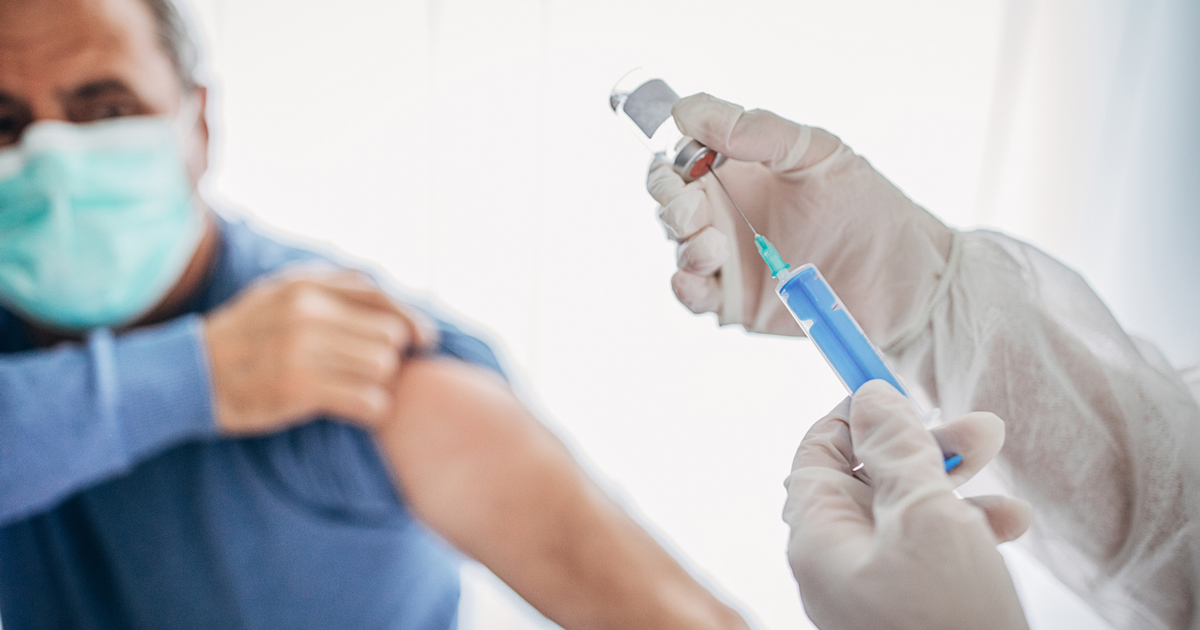You asked, we answered: If I got COVID and I'm fine, why should I get vaccinated?

Lea aquí este artículo en Español.
Question
If there's a 98% chance I'll be ok if I get COVID-19, then why would I want a vaccine that is 95% effective? Am I missing something?
Answer from infectious diseases expert Jasmine Marcelin, MD, FACP
This isn't an either-or question. An effective vaccine doesn't replace your immune system – it helps it. By taking the vaccine, you're much less likely to get sick or die. Currently, almost 300,000 people have died in the US. If everyone in the country were infected, this statement would mean that we could expect up to 7 million people to die in our country alone. A safe and effective vaccine, even one that is 95% effective, would significantly reduce the casualties from COVID-19.
COVID-19's death rate depends on available medical care. Often people who become very sick only survive COVID-19 with lifesaving interventions from health care workers. Without hospital capacity or available staff to care for sick patients, COVID-19 death rates will continue to increase in the United States. In Nebraska, our hospitals are reaching their breaking point.
Also, avoiding death from COVID-19 does not always mean people are "OK." Many COVID-19 "long-haulers" experience debilitating symptoms for months. Long-term effects from COVID-19 can be brutal. You may survive, but you may also experience lasting damage to your blood, brain, heart or lungs.
Critically, the vaccine helps protect people who are more likely to die from COVID-19. According to the Centers for Disease Control and Prevention, people over 65 experience 80% of the deaths from COVID-19. Just like influenza and measles vaccines, if you take the COVID-19 vaccine, you're not only protecting yourself from illness or death but also protecting vulnerable people in your community from a deadly disease.





